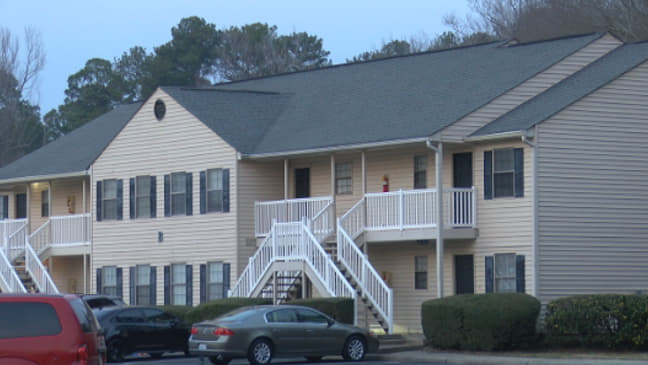Bounty hunting is a dangerous job that often requires tracking down fugitives who do not want to be found. However, the law is very clear that property owners cannot simply shoot bounty hunters who step foot on their land. While uncomfortable, a bounty hunter's presence on private property is not in itself justification for deadly force.
In this article, we will explore the legalities around shooting a bounty hunter and a property owner's options for handling such a situation.
Is it illegal to shoot a bounty hunter for trespassing?

No, you cannot shoot someone simply for trespassing on your property. The use of deadly force is considered an extreme and illegal overreaction to ordinary trespassing under self-defense laws in all 50 U.S. states. While a bounty hunter walking onto your land without permission could be trespassing, this does not legally allow the property owner to shoot them.
Deadly force is only justified if there is reasonable belief that lethal violence is about to be used against yourself or others.
Related: What Should I Do If My Landlord Has Locked Me Out?
Can I order a bounty hunter off my property?
Yes, a property owner has every right to tell a bounty hunter to leave their land immediately. One can verbally command the bounty hunter that they are trespassing and need to depart. The bounty hunter should then exit peacefully.
However, they are also legally allowed to continue surveillance of the fugitive from public areas outside of your private property like sidewalks, roads, etc. Verbal commands can establish you have revoked permission to be on the premises but cannot stop legal observation.
Do bounty hunters need warrants to be on private property?
No, bounty hunters are not required to presents warrants when tracking fugitives on private property. As private citizens, they are empowered through the same "fresh pursuit" doctrines that allow police to chase criminal suspects onto private lands without warrants.
When bounty hunters sign contracts with bail bond agencies, fugitives also typically waive rights against warrantless entry as conditions of their release on bond. However, they still must leave peacefully if verbally ordered to do so by the property owner.
Can I call the police on a bounty hunter on my property?
Yes, if a bounty hunter refuses to depart after being ordered to leave private property, the owner can contact law enforcement. However, the police will likely only remove the bounty hunter for criminal trespassing if they continue to loiter after warnings.
It's important to note police typically do not get involved with bounty hunter operations unless a breach of peace or violent felony is suspected to have occurred. The bounty hunter also hasn't broken the law simply by the initial presence or surveillance without permission.
Am I required to provide information to a bounty hunter?
In most circumstances, a private citizen is not obligated to share any details with a bounty hunter. If asked about the whereabouts or activities of a fugitive, you can politely decline to answer questions or demand they vacate the premises.
However, if a crime has been committed or dangerous situation created by denying access to a fugitive, individuals could potentially face criminal charges for rendering criminal assistance or obstruction of justice. It depends on the specific context and facts of each case.
If a bounty hunter enters my home, can I use force to remove them?
While dangerous, merely grabbing or shoving a bounty hunter who has come indoors without consent would likely not be considered proportional force. Deadly weapons should never be used under these circumstances. However, if a bounty hunter forcefully resists leaving after being repeatedly warned not to enter private rooms or instructed to depart in no uncertain terms, more substantial non-lethal self-defense may be justified—such as using a baseball bat to push them back out the door. Legal recourse like civil charges for illegal entry would be the best approach.
Conclusion
In conclusion, while bounty hunters have significant authority to legally track fugitives, a property owner's rights are also protected. Deadly force against a bounty hunter is prohibited unless there is clear evidence of imminent lethal danger. However, bounty hunters must leave peacefully once commanded, and limited non-deadly self-defense may apply if they actively resist exiting private property including a home. Civil complaints or police involvement are preferential to violence if a bounty hunter oversteps legal boundaries. Understanding the limitations and options available can help de-escalate tense situations that may arise with this dangerous profession.





